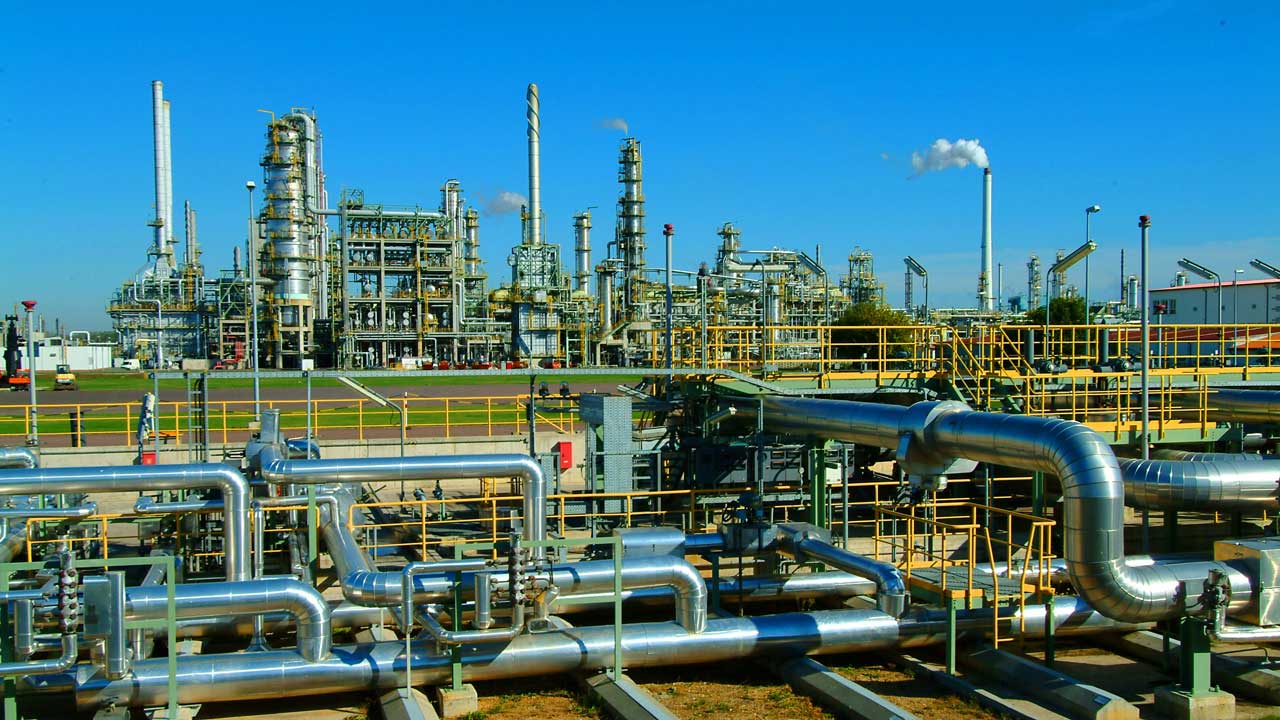Refinery Milestone: Warri Refining Plant Resumes Operations, Fuel Prices Set to Drop
The Nigerian National Petroleum Company Limited (NNPCL) has officially resumed operations at the Warri Refining and Petrochemicals Company (WRPC), marking a significant step towards enhancing Nigeria’s refining capacity. The refinery, operating at 60% capacity, currently processes 75,000 barrels per day out of its 125,000 barrels daily potential.
This development comes weeks after the restart of the 60,000 barrels-per-day old Port Harcourt Refinery and amid ongoing efforts to reactivate the Kaduna Refinery. NNPCL plans to position Nigeria as a net exporter of refined petroleum products, with exports expected to bring in foreign exchange.
Mele Kyari, NNPCL’s Group Chief Executive Officer, emphasized the significance of this achievement, stating, “This plant is running and producing high-grade products such as diesel, kerosene, and naphtha. Some of these products will be exported to generate cash flow, fulfilling the President’s directive to make Nigeria a net exporter of petroleum products.”
The restart of WRPC is expected to intensify competition in the downstream oil sector, driving down the prices of refined petroleum products. Mustapha Zarma, National Operations Controller of the Independent Petroleum Marketers Association of Nigeria (IPMAN), remarked, “The market will now be driven by competition, ultimately bringing relief to the common man through reduced fuel prices.”
Nigerian Midstream and Downstream Petroleum Regulatory Authority (NMDPRA) Chief Executive, Farouk Ahmed, highlighted the increased energy security this milestone provides, noting, “We are witnessing a new era of energy security, with multiple refineries coming online. This will consolidate our pricing and ensure stability for consumers.”
The domestic refining of petroleum products is poised to reduce reliance on fuel imports, easing pressure on foreign exchange reserves. The Central Bank of Nigeria estimates that ramping up domestic production could cut forex demand by at least 15%.
President Bola Tinubu lauded the milestone, describing it as a testament to his administration’s commitment to enhancing local refining capacity. "This remarkable achievement strengthens Nigerians’ hope for a better future and restores our national pride as an oil-producing country," he said.
The government and NNPCL aim to fully operationalize the remaining sections of the Warri refinery and the second Port Harcourt refinery, alongside the Kaduna refinery. The coming onstream of these facilities, in conjunction with the privately owned Dangote Refinery, will further bolster Nigeria’s refining capacity, ensuring a competitive market and potentially driving down prices.
As Nigeria makes strides towards self-sufficiency in refined petroleum products, industry stakeholders express optimism about the positive ripple effects on the economy and the wellbeing of citizens.




